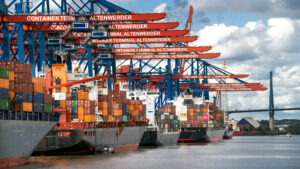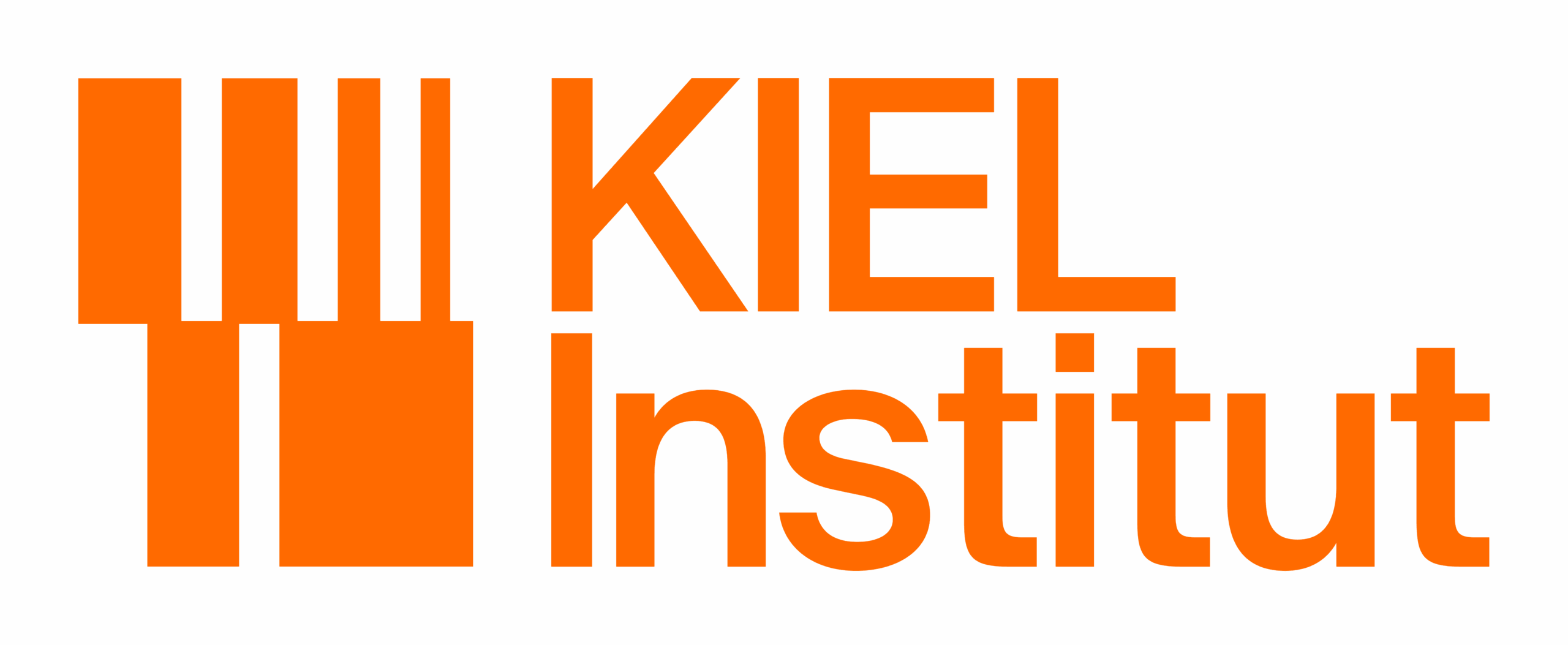New Project on Global Affiliate Structure of German Firms and their Resilience against Shocks

For decades, the world experienced extensive trade liberalization and deepening globalization, during which firms built and expanded their global production networks. However, this trend began to reverse following the 2008 financial crisis, as national policies have increasingly shifted toward protectionism. This trend has been further intensified due to natural disasters, climate change, the Covid-19 pandemic, and, particularly, geopolitical events such as the Russian invasion of Ukraine and the rising tensions between the US and China.
The trend toward protectionism has led to concerns about the resilience of these extensively built global production networks against shocks, particularly geopolitical shocks. How would firms adjust their affiliate structure and thus their global production networks to react to such shocks? How would multinationals’ network adjustment decisions affect their trade patterns for goods and services?
Against this background, a new research project led by Prof. Holger Görg, Ph. D. (KCG Managing Director) titled “Understanding the Global Affiliate Structure of German Firms: Patterns, Shocks and Implications”, funded by the German Research Foundation (Deutsche Forschungsgemeinschaft, DFG), aims at analyzing detailed and highly novel micro data for Germany to explore the organization of global production by German firms, and identify what adjustments firms make to their production structure and trade patterns in the wake of shocks such as armed conflict or sanctions. A deeper understanding of how multinationals adjust their production networks and reallocate production and investment across locations—and how these decisions influence trade patterns—is crucial for developing government policies to help better manage negative consequences caused by shocks and disruptions.
Contact:
Prof. Holger Görg, Ph.D. (holger.goerg@ifw-kiel.de; +49(0)431-8814-258)



 KCG Projects
KCG Projects


